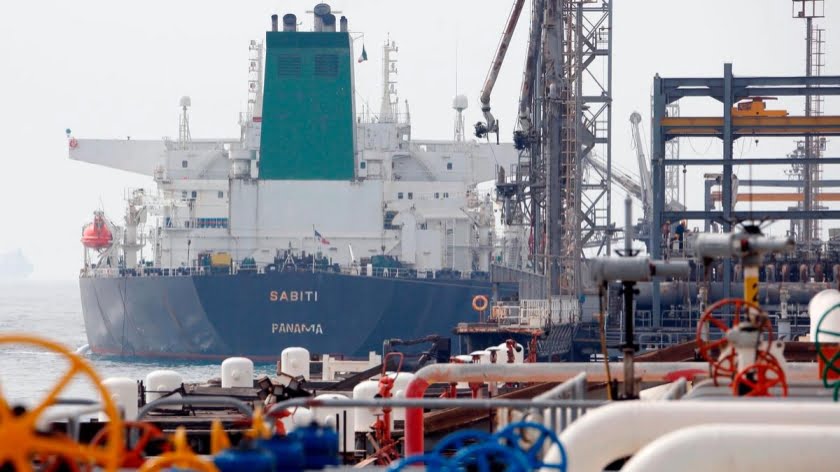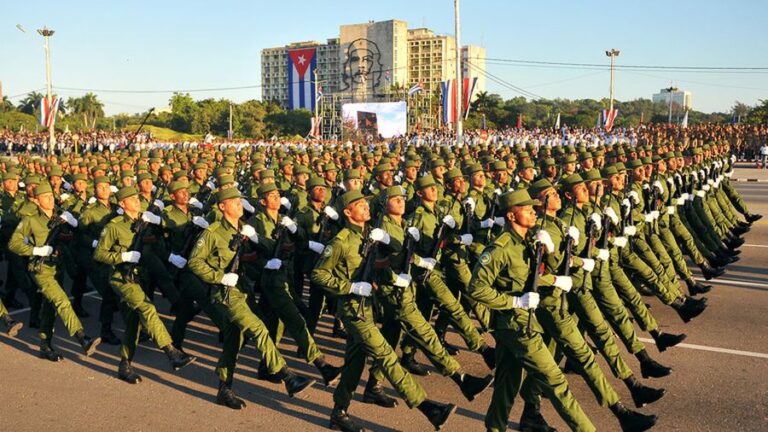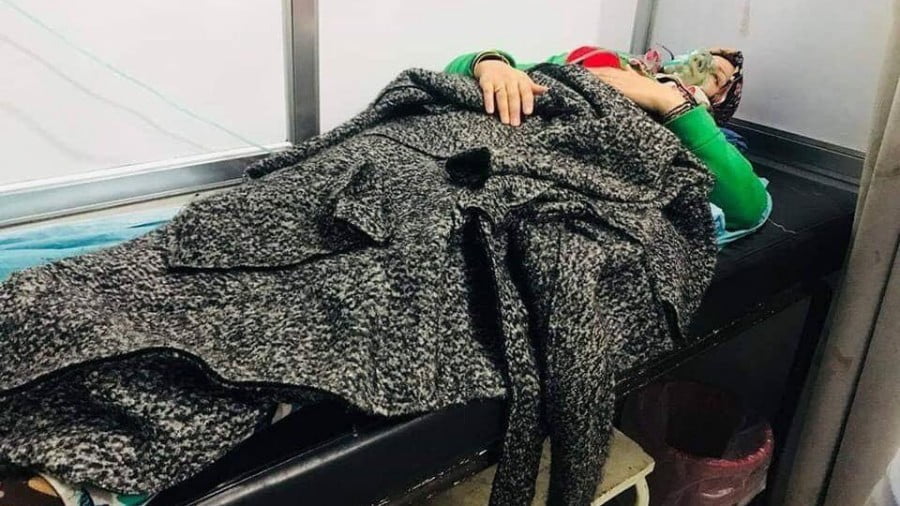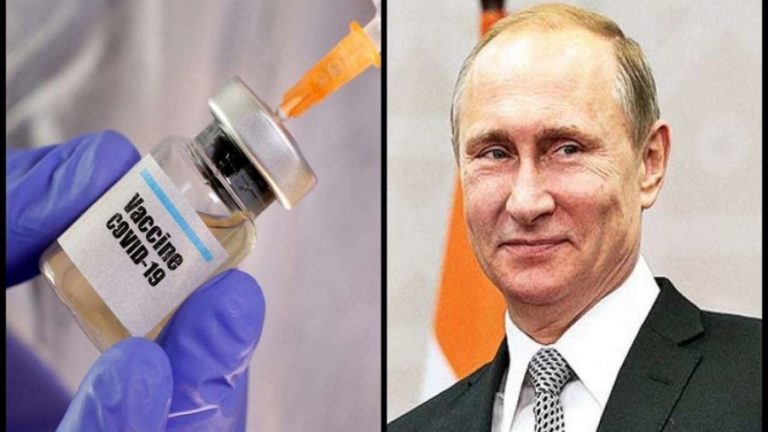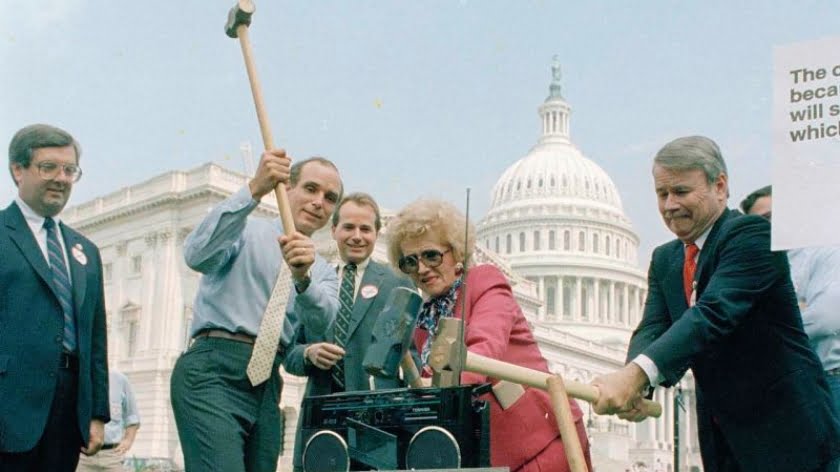It is Time for Japan to Become a Truly Independent State
As the entire world suffers the tragic consequences of the coronavirus pandemic, the latest anti-American scandals are gaining momentum in Japan.
The Kyodo News agency was the first to report the announcement made by Japanese Defense Minister Taro Kono on April 17 that a joint investigation would be conducted by the Japanese and United States military into a leakage of carcinogenic organic substances (firefighting foam) at the US Marine Corps Air Station Futenma on the southern island of Okinawa. However, the Japanese Minister did not provide any details on the nature of this investigation. The article briefly mentions that before this announcement, the Vice Governor of Okinawa Prefecture Kiichiro Jahana had met with the Marine General in charge of the American air base to voice his protest over this spill.
The incident took place on April 10, when about 143 thousand liters of firefighting foam leaked out at the US Marine Corps Air Station Futenma, which contains PFOS, suspected to be carcinogenic to humans. In terms of area, 70% of all American military facilities in Japan are located on this island. All kinds of accidents have been a regular occurrence at the Futenma military base. Okinawa authorities have long been calling for the Futenma air base to be closed, which is located in the densely populated urban area of Ginowan City.
The incident that took place on April 10 has heightened the demands being made by Okinawa Island’s residents and the Okinawa Prefectural Assembly to have operations at the US Futenma air base shut down, but the US have not taken any action in response to these demands, nor have they done anything to prevent these undesirable accidents from taking place.
Another scandal that is gaining momentum also has to do with the military and political alliance between the United States and Japan. As noted in the Japanese Shūkan Gendai magazine, Japan has fallen into America’s trap, and is now effectively their loyal little “vassal state”, which is the cause of the new misfortunes than have befallen Japan. The publication emphasizes that America is to blame for the chaos that the Middle East has long been mired in, and now it seems that Japan will have to answer for all of America’s actions. However, is an alliance with America worth all of this? That is the question posed in the Shūkan Gendai, which has published information about the plight that the Japan Self-Defense Forces stationed in the Middle East have been suffering, who have practically been immured in their ships, as they come face-to-face with the coronavirus pandemic.
In order to get to the bottom of the problems Japan is currently experiencing, the Shūkan Gendai reminds readers of a special plan adopted by Abe’s Cabinet in December 2019 without having received prior approval from the Diet. Under the pretext of the worsening political and military situation “amid rising tensions between the United States and Iran”, two P-3C anti-submarine patrol airplanes with more than 100 flight and technical personnel were deployed to the region for “intelligence-gathering” purposes at the beginning of 2020, as well as a Takanami guided-missile destroyer, which began operating in the Gulf of Oman, where no coalition forces are providing Japan with any serious back up. The Japan Self-Defense Force Base is in Djibouti. It is worth noting that even though the United States invited more than 60 countries to participate in an anti-Iranian coalition (formally created by Washington in November 2019), only 6 countries have joined the US-led Persian Gulf naval coalition. Apart from America, they are the United Kingdom, Australia, Bahrain, Saudi Arabia, the United Arab Emirates and Albania. The coalition was joined by Lithuania at a later stage. Japan is not officially a member of the coalition, but the Japanese military says that if the Japanese troops were to pull out of the region, a gap would be created, leaving the coalition vulnerable.
Since March, the likelihood of the Japanese Self-Defense Forces remaining there has been seriously jeopardized due to the outbreak of the worldwide coronavirus pandemic. This is mainly due to restrictions on the 200 crew members on the Takanami destroyer, who are refraining from leaving the ship to avoid becoming infected with Covid-19, and also due to the closure of Djibouti’s borders, which is not allowing the crews and maintenance personnel for the two P-3C anti-submarine patrol airplanes to be rotated. As the sailors cannot leave the ship, they are living in cramped and crowded conditions, and the Japan Self-Defense Forces were deployed to the Middle East without the necessary medical test kits, have not had enough rest, and are suffering severe stress. Given this situation, the Shūkan Gendai questions whether it is worth risking the lives of these crew members in order to clean up the mess made by the US, whose actions have unleashed chaos in this region.
At the same time, the Japanese press recall a statement made by Defense Minister Taro Kono back in January after holding talks with Pentagon chief Mark Esper, who said that Japan would not be participating in US operations to protect the Persian Gulf from possible attacks from Iran. Even the largely conservative Mainichi Shimbun newspaper has stressed that Japan’s complete dependence on the United States has led to Japan “blindly” following American foreign policy, and the decision taken by Abe’s Cabinet to deploy a limited Japan Self-Defense Forces unit to the Middle East is a clear proof of this. The controversial plan to build a new American military base at Henoko is further proof of this. The newspaper emphasizes that the Japanese government is wrong to be cracking down on the protests held by local residents against this new base being constructed. The government also needs to take urgent action to address the numerous civil rights and security violations that citizens living on Okinawa Island have suffered at the hands of the US military. This erodes mutual trust between the parties to the Treaty of Mutual Cooperation and Security between the United States and Japan and weakens it.
A common theme runs through an article published in the liberal Asahi Shimbun newspaper, which is the belief that since President Trump was elected with slogan “America first!”, America’s own short-sighted military and political decisions have exposed the Treaty of Mutual Cooperation and Security Between the United States and Japan to risks. The question of how Japan should cooperate with America is currently a real headache, as the United States has gone from being the “guardian” of the current world order to the instigator of disorder and chaos.
The Hokkaido Shimbun daily recalls the mass protests that broke out in Japan when the Treaty of Mutual Cooperation and Security Between the United States and Japan was signed in 1960, as well as the fact that its approval by the Diet was practically forced through.
The Akahata newspaper draws particular attention to the fact that a number of secret annexes were included when the Treaty of Mutual Cooperation and Security Between the United States and Japan was signed, according to which the American army can deploy nuclear weapons on Japanese islands and carry out military operations from them without notifying Japan, and this is not limited to operations in the Far East, they can be anywhere in the world. The US has already used Japanese territory to launch attacks on Vietnam, Afghanistan and Iraq.
To this day, Japan remains one of America’s closest partners in East Asia. This situation is certainly a paradox, given how many times the actions taken by the US have been unfriendly towards Japan and Japanese citizens. One example which stands out was the internment of Japanese Americans from March 17, 1942, when 120 thousand US residents who were ethnic Japanese or of Japanese descent were forcefully relocated and incarceration in concentration camps, even if these were American citizens who only had one Japanese ancestor, a great-grandmother or great-grandfather who was a Japanese national. What was happening to the Japanese on the territory of the United States at that time was purely fueled by racism, and there was no military justification for it. Then, on the night of March 9-10, 1945, the Bombing of Tokyo took place, which is regarded as the single most destructive bombing raid in human history, even more so than the atomic bombings of Hiroshima and Nagasaki. Time and time again over the 60 years that have passed since the Treaty of Mutual Cooperation and Security Between the United States was signed, Japan has had to endure lawless acts committed by American occupying forces in their country.
It is therefore no wonder that although there is a desire among today’s Japanese government circles to demonstrate a practically servile willingness to follow in Washington’s footsteps, the Japanese public are taking to the streets in rather frequent demonstrations, and are clearly trying to voice their rejection of US policies and America’s actions, both in Japan and in other parts of the world.
By Valery Kulikov
Source: New Eastern Outlook


